We returned to the mountainous area of Bac Ninh (formerly Bac Giang ) on an early summer morning, when the mist was still hanging over the dense forest canopy. Along the winding roads around the hills, stilt houses were seen and the crowing of roosters could be heard from afar. In this land, hill chickens are not just a type of poultry but a companion to the farmers’ lives, a source of life and the passion of many generations.
Unlike industrial chickens raised in closed cages, Yen The hill chickens grow in the wild. They are released into large hill gardens, eat young grass, earthworms, and breathe fresh air. Thanks to their natural living environment, the chicken meat is firm, the skin is golden, and the flavor is rich and distinctive.
"We call hill chickens wild chickens, because they find their own food, run around, and grow like forest trees. It is meat from the earth and the sky, without any impurities" - Ms. Nguyen Thi Mao, a long-time breeder in Yen The commune shared.
The practice of raising hill chickens has existed for generations. In the past, people only raised a few dozen chickens for their families. But since the cooperative and linked consumption model was established, hill chickens have become a commodity product that brings a stable source of income for local people.
Currently, Yen The commune has over 1,000 households raising hill chickens with a total flock of millions of chickens each year. The proportion of value from raising chickens accounts for more than 50% of the total value of agricultural production in the district. It is not just an economic figure, it is the story of thousands of families who are attaching their lives to native chicken breeds.
Chickens are raised using traditional processes combined with modern techniques. Each household must ensure clean coops, appropriate stocking density, disinfection cycles, and rest after each batch. Feed is mixed from corn, soybeans, and green vegetables, with absolutely no antibiotics. In the last month before sale, chickens are quarantined to ensure food safety.
Mr. Giap Quy Cuong, Director of Yen The Green Agriculture Cooperative, shared: "Raising hill chicken is not easy. To make it delicious, you have to be careful. You have to choose the right breed, listen to the weather, and take care of it like taking care of a child. Each batch of chicken is a season of one's life."
After slaughter, the hill chicken products are pre-processed, vacuum-packed, ensuring hygiene and transported to many provinces and cities. From whole chickens, chicken pieces to processed products such as ham, sausage, chicken jerky... all are the sweat and effort of the highland people poured out every day.
At district markets, hill chickens are still the most popular item. Local consumers know the faces and names of each household. There are regular customers who call to order a week in advance, just waiting for the day to pick them up. "Every month I sell about 200 chickens, after deducting expenses, I still earn nearly ten million VND. Before, I only knew how to rely on rice, now raising chickens is enough to eat, enough to wear, and also has savings for my children's education" - Ms. Hoang Thi Van, Yen The commune shared.
Many households have become well-off thanks to chickens. Each raising cycle lasts 4-5 months, each chicken is sold for 100,000-150,000 VND/kg. With a scale of 500-1,000 chickens per batch, earning hundreds of millions of VND is no longer rare for people here.
The strong development of Yen The hill chicken is the clearest manifestation of the transformation of production thinking that is taking place strongly among the people in the mountainous areas. There is no longer a fragmented farming style, no more spontaneous retail, people now know how to organize and link, know how to standardize quality and build brands from traditional thinking.
This is thanks to local policies as well as the responsiveness of businesses. Accordingly, Bac Ninh (formerly Bac Giang) is considered one of the leading localities in implementing policies to develop agricultural products typical of mountainous regions, especially in mountainous areas. The province has issued many policies to support cooperatives, businesses and households to engage in commodity agricultural production associated with mountainous terrain, creating sustainable livelihoods for people.
One of the key contents is to implement the "One Commune One Product" (OCOP) Project, in which Bac Ninh identified the development of livestock products, especially Yen The hill chicken, as the top priority. The province has supported the building of collective brands, traceability of origin, and organized training courses on biosafety and VietGAP livestock farming techniques for households.
In addition, the province also issued a policy to support the development of key agricultural products and specialties according to Resolution No. 401/2020/NQ-HDND. Accordingly, production households, cooperatives, and enterprises are supported from breeds, animal feed, barn renovation to trade promotion, packaging design, and branding.
In addition, Bac Ninh focuses on connecting domestic consumption through supermarket chains and e-commerce platforms, while promoting the introduction of specialty products such as hill chicken, lychee, Chu noodles, etc. into large distribution systems, contributing to increasing the value of mountainous products and creating long-term livelihoods for highland people.
For the Ministry of Industry and Trade, the Ministry of Industry and Trade is currently implementing many practical policies to support the development of typical products of mountainous, remote and isolated areas. In particular, the Mountainous Trade Development Program for the period 2021-2025 under Decision 1162/QD-TTg is the key orientation. This program focuses on building fixed points of sale, supporting the introduction of mountainous products, including Yen The hill chicken, into the supermarket system, wholesale markets, and sustainable supply chains.
In addition, the Ministry of Industry and Trade also supports trade promotion, connecting supply and demand through fairs, agricultural weeks in big cities and on e-commerce platforms. Communication activities and capacity building for cooperatives and small businesses in mountainous areas are also focused. In particular, the Ministry is stepping up coordination with localities in planning production areas, improving product quality, tracing origins and building brands for local agricultural products.
On the business side, Mr. Giap Quy Cuong said that, in addition to taking full advantage of the opportunities from preferential policies, in order to produce quality products and win over consumers, businesses also need to make great efforts. Accordingly, in the years 2005 - 2010, Yen The hill chickens were known mainly through word of mouth and retail at highland markets. However, with a strategic vision, the Yen The district government has gradually built a plan for chicken farming in the direction of concentrated goods, associated with building local brands.
In 2009, Yen The hill chicken products were granted a certified trademark. This was an important turning point that helped local chickens enter the large market with higher economic value. At that time, Mr. Cuong and many other chicken traders had an advantage. However, after only 1-2 years, the market encountered difficulties due to some people mixing in poor quality chickens, affecting the brand's reputation.
With the desire to preserve and develop the Yen The hill chicken brand, in 2017, with the support, advice and guidance of local authorities, Mr. Giap Quy Cuong established Yen The Green Agriculture Cooperative with the main business of raising poultry; producing and processing agricultural, forestry and fishery products and products from Yen The hill chicken. Right from the first days of operation, the Cooperative determined the goal of promoting local strengths; preserving and developing the Yen The hill chicken brand; producing safe and environmentally friendly goods; actively applying science and technology; linking from production to consumption.
“In the early days of its establishment, the cooperative faced many difficulties, especially in finding households to participate. Many people did not fully understand the cooperative model and the benefits of production linkage. Although they had signed a contract with the cooperative, they still sold chickens outside when the price was high, causing the cooperative to suffer heavy losses,” Mr. Cuong recalled. However, with perseverance and careful explanation, the cooperative gradually helped people better understand the benefits of signing a contract, especially reducing the situation of good harvests and low prices. This not only brought stable economic benefits to households, but also contributed to improving product quality and building a brand for Yen The hill chickens in the market.
Mr. Giap Quy Cuong said that in order to produce with sustainable consumption, currently, the Green Yen The Cooperative has also invested in a 550 m2 factory system, including a temporary holding house; a preliminary processing and slaughtering area; a packaging and preservation room; production machinery and equipment... certified for food hygiene and safety, meeting export requirements.
Up to now, the value chain model linking farmers - cooperatives - markets has contributed to creating fairness and stability in consumption. Farmers are supported with techniques and stable output. Consumers are assured of the origin of the products. And local authorities have more motivation to plan sustainable livestock farming areas.
In 2023, Yen The chicken products and products processed from Yen The chicken of Yen The Green Cooperative will be officially ranked as 4-star OCOP of Bac Giang province, paving the way for new breakthrough expectations.
The cooperative is selling about 2,000 chickens per day, of which about 1,000 are slaughtered. The cooperative's products are vacuum-packed chicken, chicken ham, chicken sausage, chicken salted chicken, dried chicken with lemon leaves, etc. Many of these products have achieved 4-star OCOP and are typical agricultural products over the years. The cooperative's main markets are supermarkets, restaurants, and collective kitchens in and outside the province.
Not only that, the cooperative also cooperates with processing units to produce chicken by-products such as: chicken ham, chicken sausage, bagged chicken feet, vacuum-packed chicken meat, etc. These products are distributed to supermarkets, clean food stores and e-commerce channels.
In June 2024, Yen The hill chicken products were introduced at the National OCOP Fair and attracted the attention of many large distribution enterprises such as Saigon Co.op, AEON, Winmart, etc. This is an important premise for the product to be able to achieve 5-star OCOP in the future and even export.
Not stopping there, the cooperative is also aiming to develop ecological farm models combined with experiential tourism. Tourists can visit hill chicken farms, join the locals in picking vegetables in the forest, and prepare meals from home-raised chickens. Stories about the village, about chicken farming, and about the customs of the highland people are told simply by the fire.
The sound of roosters crowing from the high hills of Yen The is not only a call to dawn, but also a sound that awakens the desire for change. The desire to become rich without leaving the mountains, the desire to preserve the profession for descendants, the desire to affirm the value of identity in modern life.
Article: Lan Phuong; Graphics: Lan Ngoc
Source: https://congthuong.vn/longform-ga-doi-yen-the-niem-tu-hao-cua-mien-ban-son-dia-412033.html



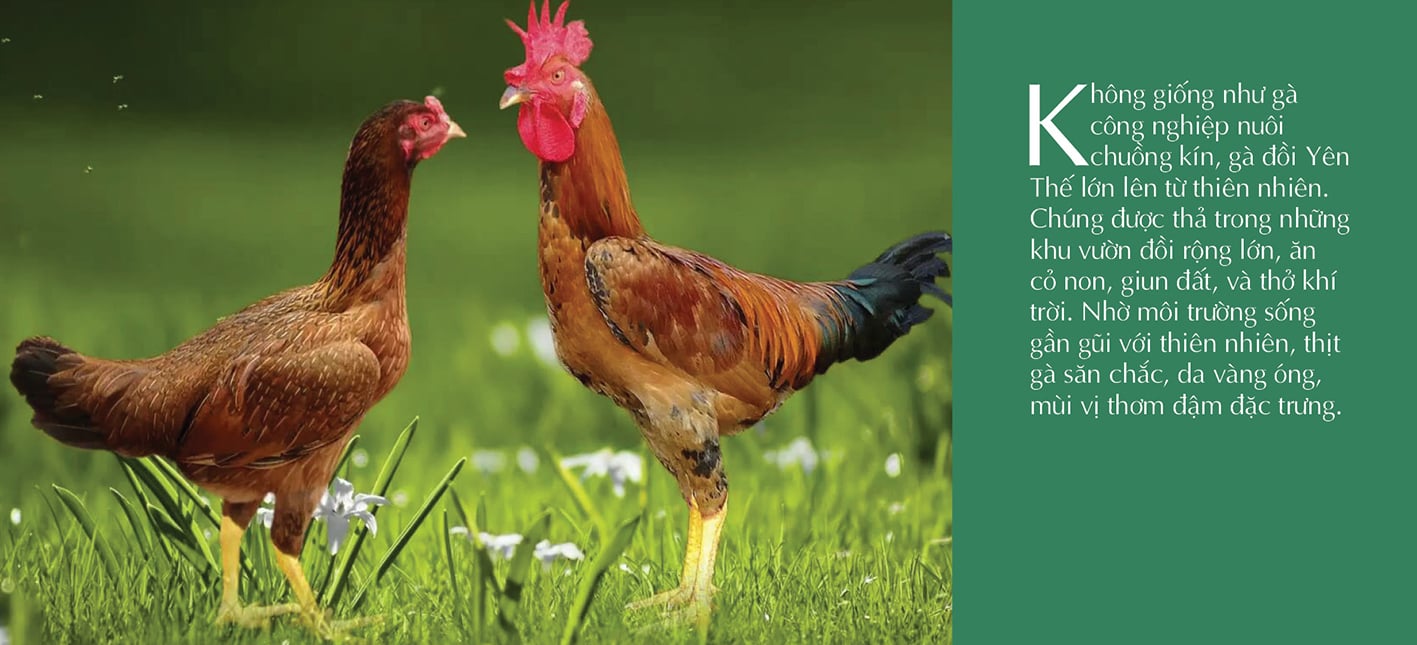
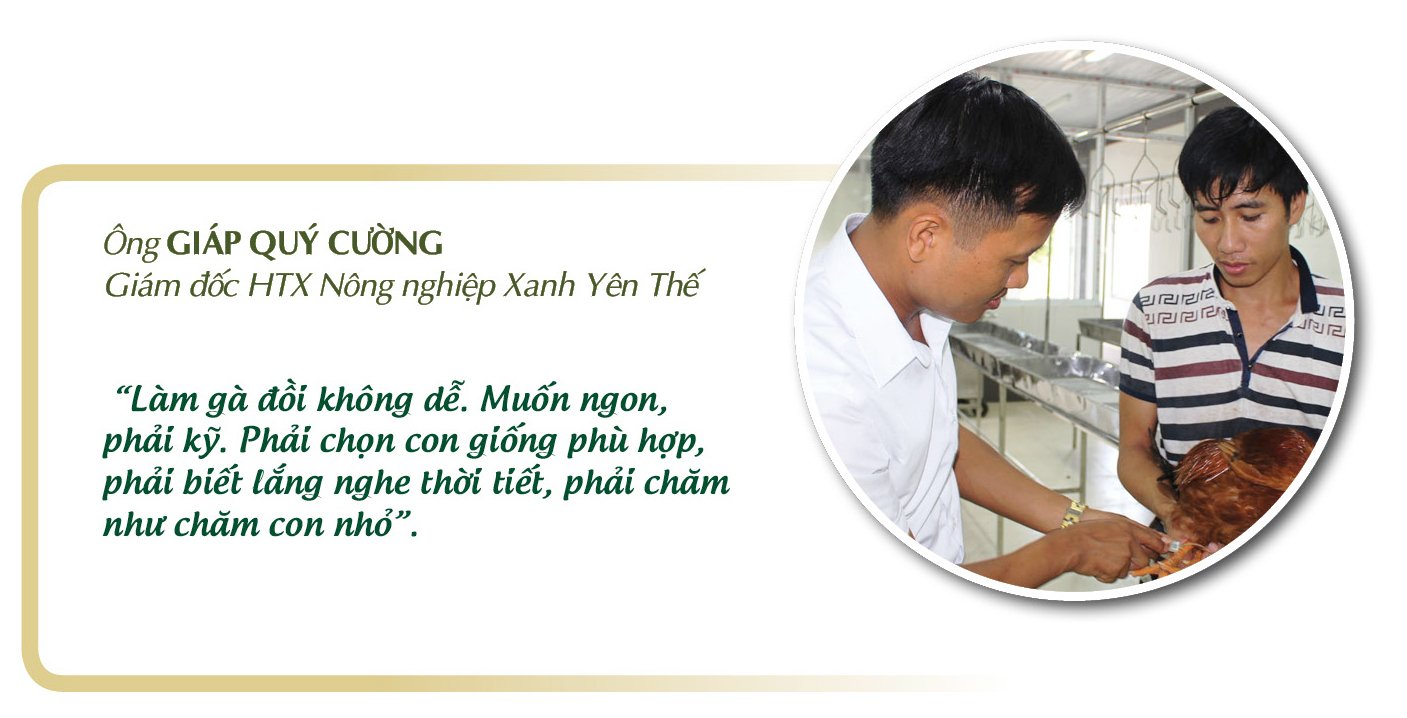

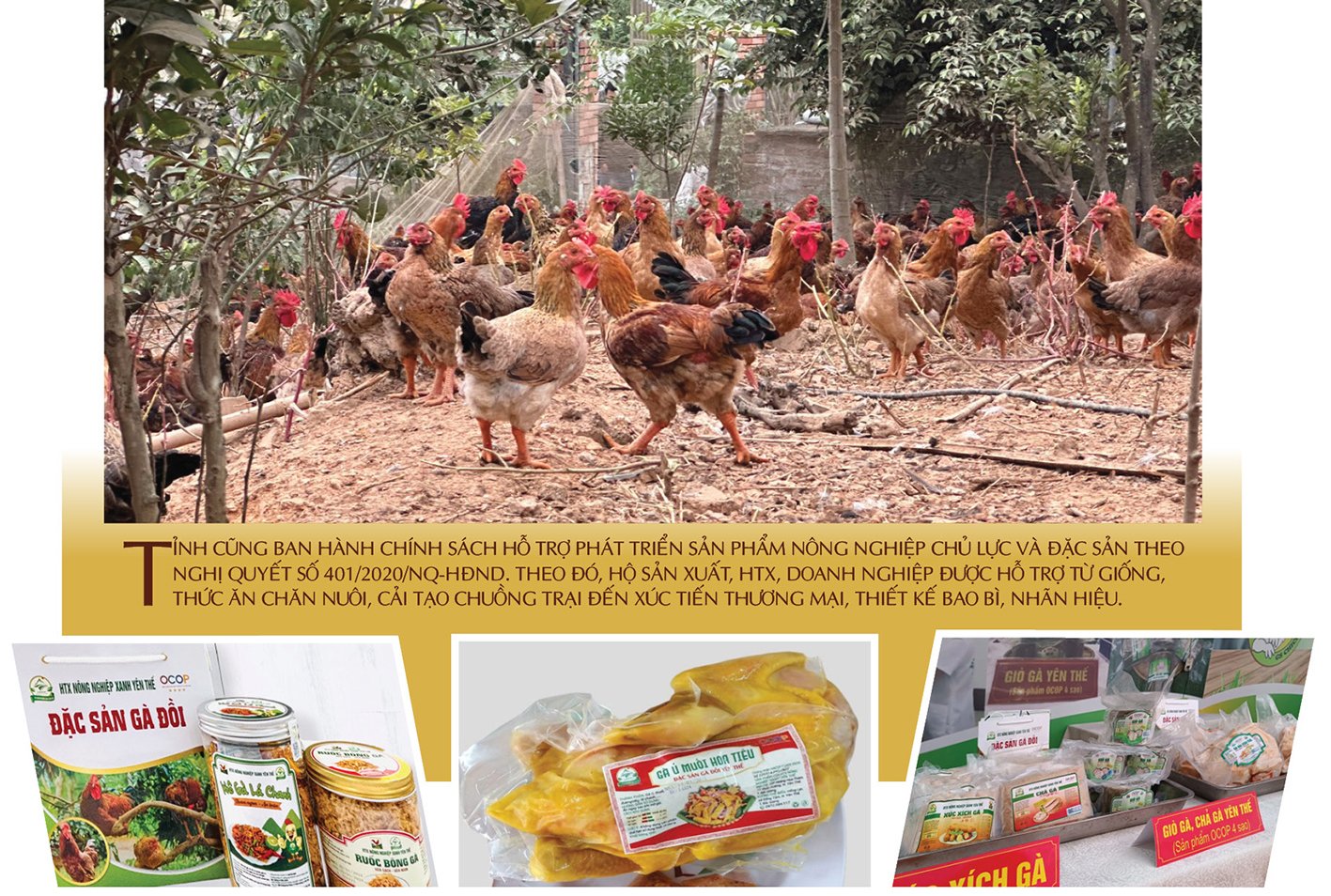
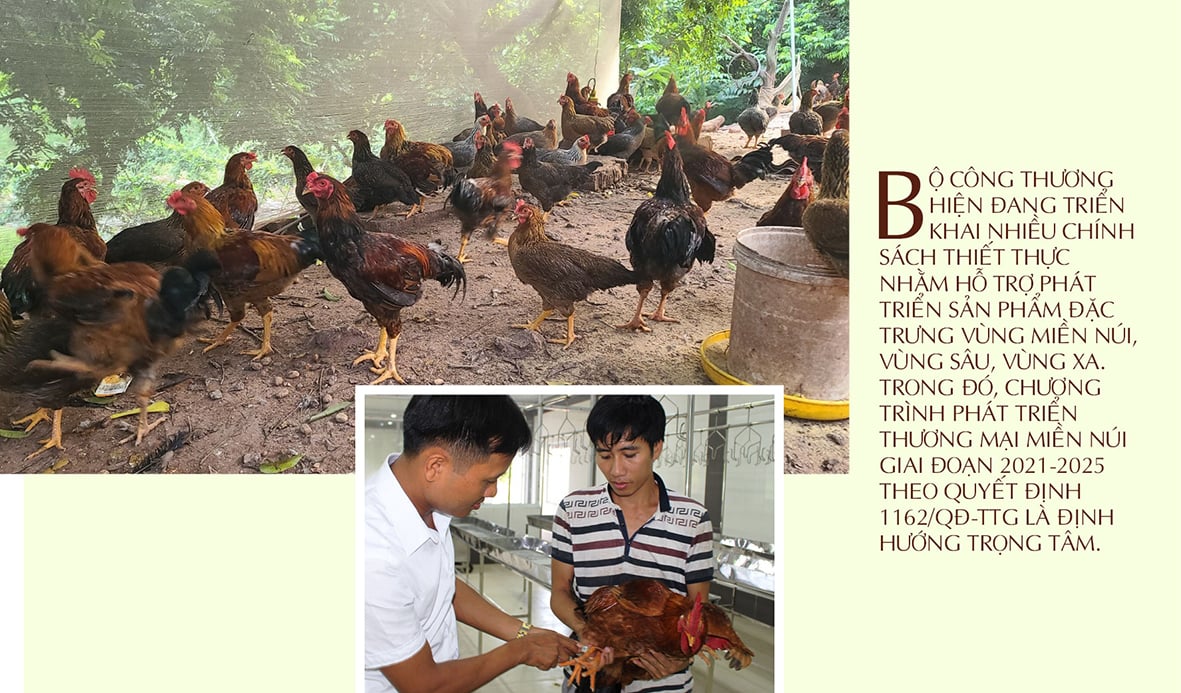

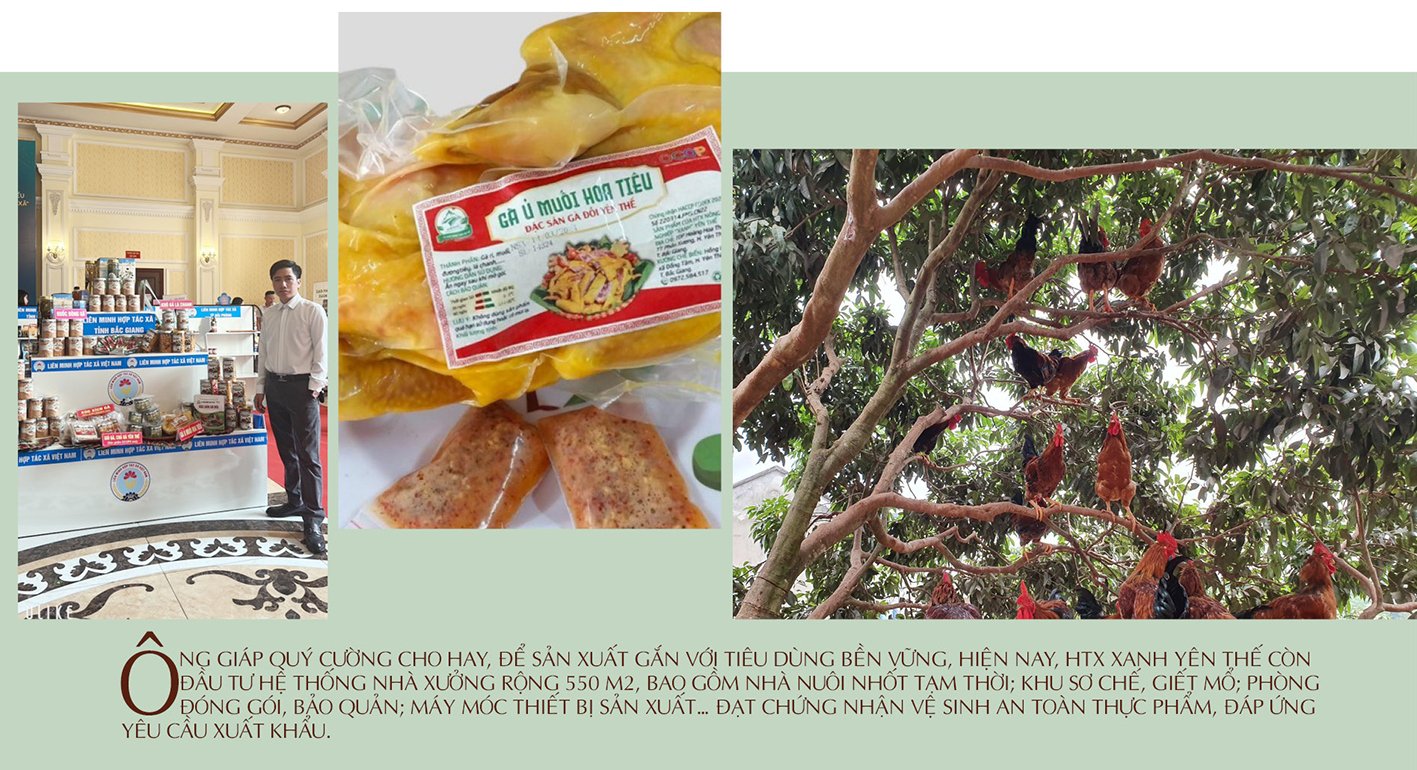
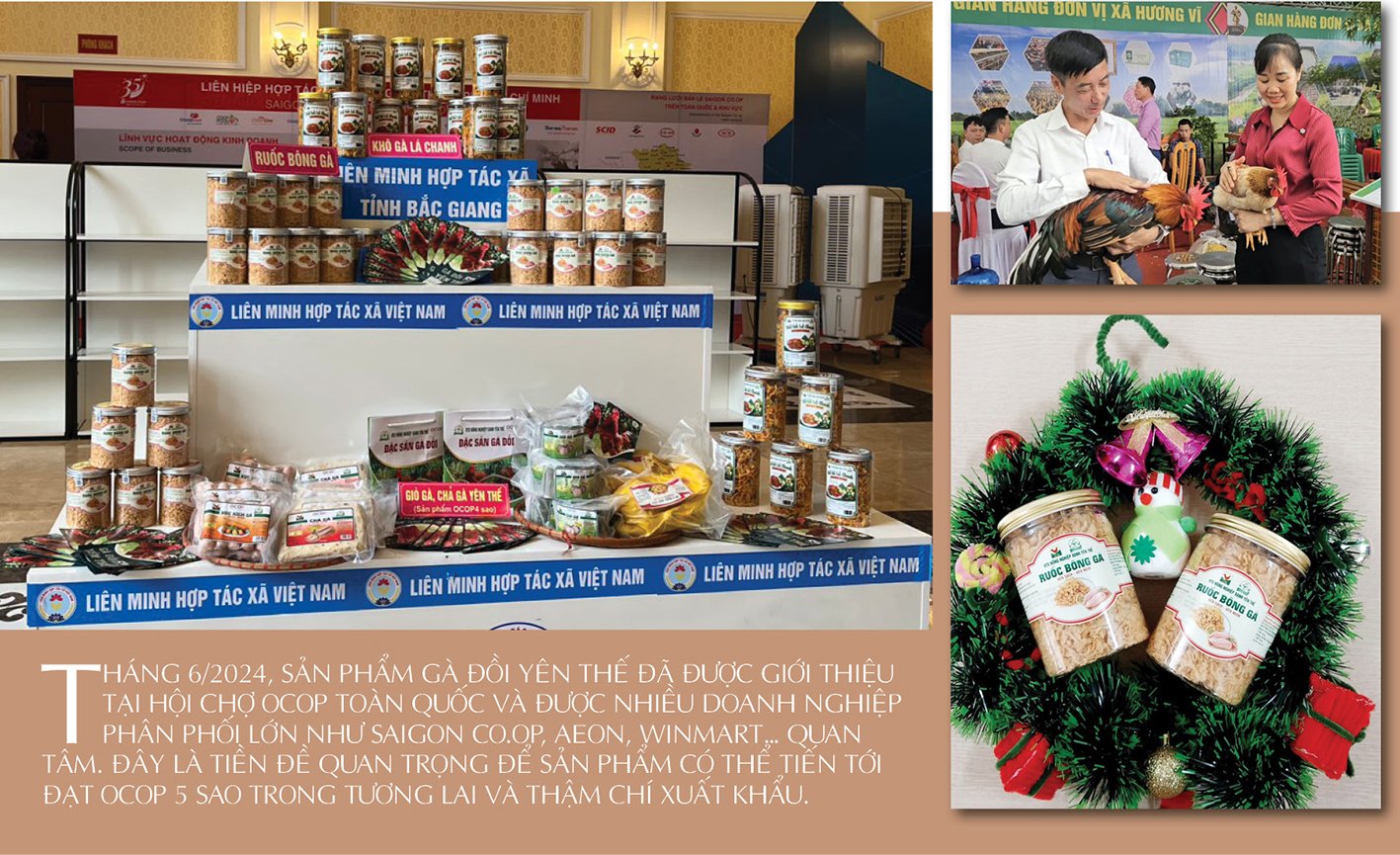





















































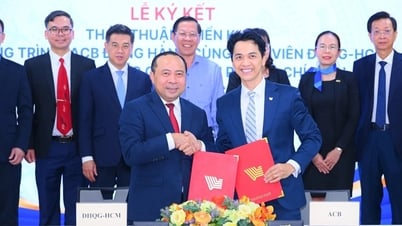
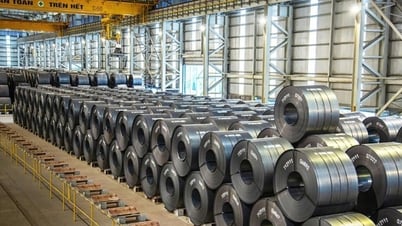

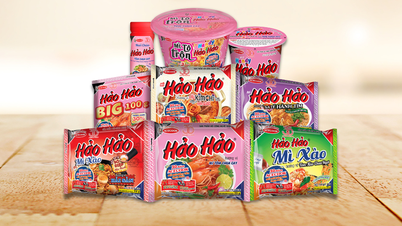
















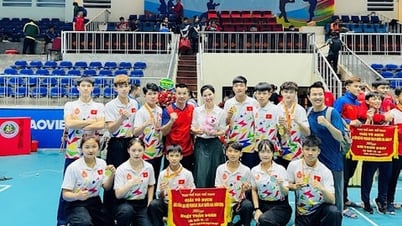
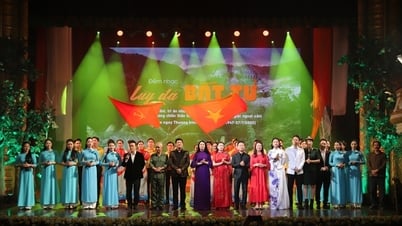






















Comment (0)